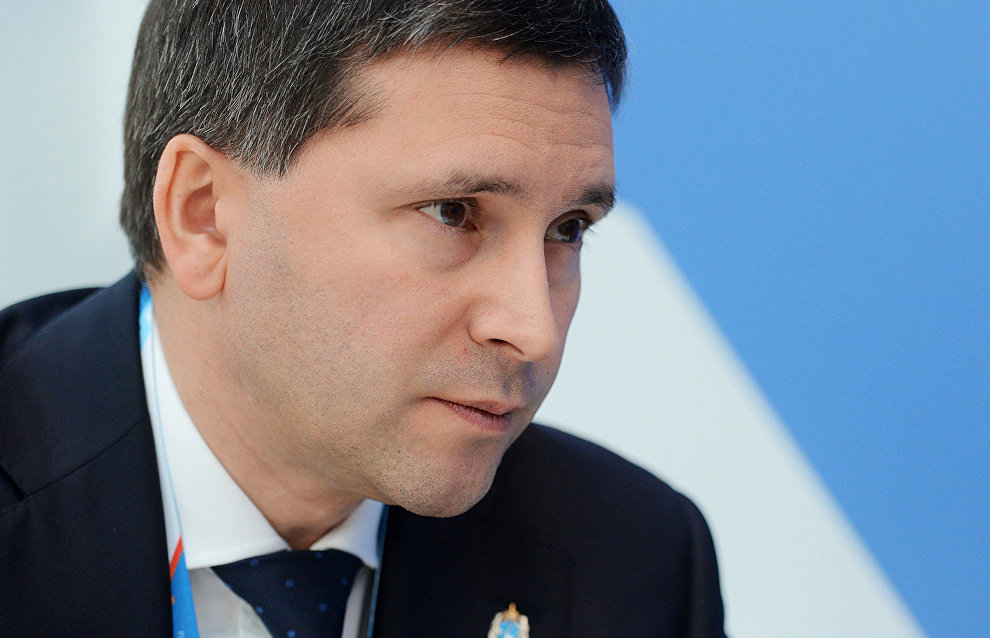Russian Natural Resources Minister: Decline in Northern Sea Route freight volume is obvious
Due to the COVID-19 pandemic, there has been an apparent decline in the amount of freight shipped via the Northern Sea Route against target indicators, Russian Minister of Natural Resources and Environment Dmitry Kobylkin told journalists.
"Certain economic circumstances in our country and in the world indicate whether companies will be able to achieve them (the targets — ed.) or not. It is obvious that the pandemic has resulted in certain changes. We do not use robots to produce mineral resources and there have been problems with workers' shifts, transportation and so on. We will definitely have to make some adjustments this year. Although it is not the right time to give you new figures right now. <…> Every industry is going through changes, including the oil and gas industry. The energy agenda is starting to change in many countries, including due to the Paris Agreement," he added.
Dmitry Kobylkin also noted that the ministry has been maintaining contact with major companies and correcting the plans for mineral resources production in the Arctic. "Yesterday I spoke to Rosneft and Khudainatov (Eduard Khudainatov, businessman — ed.) and with Mikhelson (Leonid Mikhelson, Novatek CEO — ed.). On Thursday, I will be speaking to Gazprom CEO Alexei Miller and other top managers."
In the 2018 May Executive Order, Vladimir Putin set a goal of increasing the amount of freight shipped via the Northern Sea Route to 80 million tons by 2024. The target indicator of 31 million tons was achieved by the end of 2019. However, Yury Trutnev, Deputy Prime Minister and Presidential Plenipotentiary Envoy to the Far Eastern Federal District, has already announced that the 2024 target for the Northern Sea Route may be lowered along with other national goals. He did not specify what the new target figure would be.
